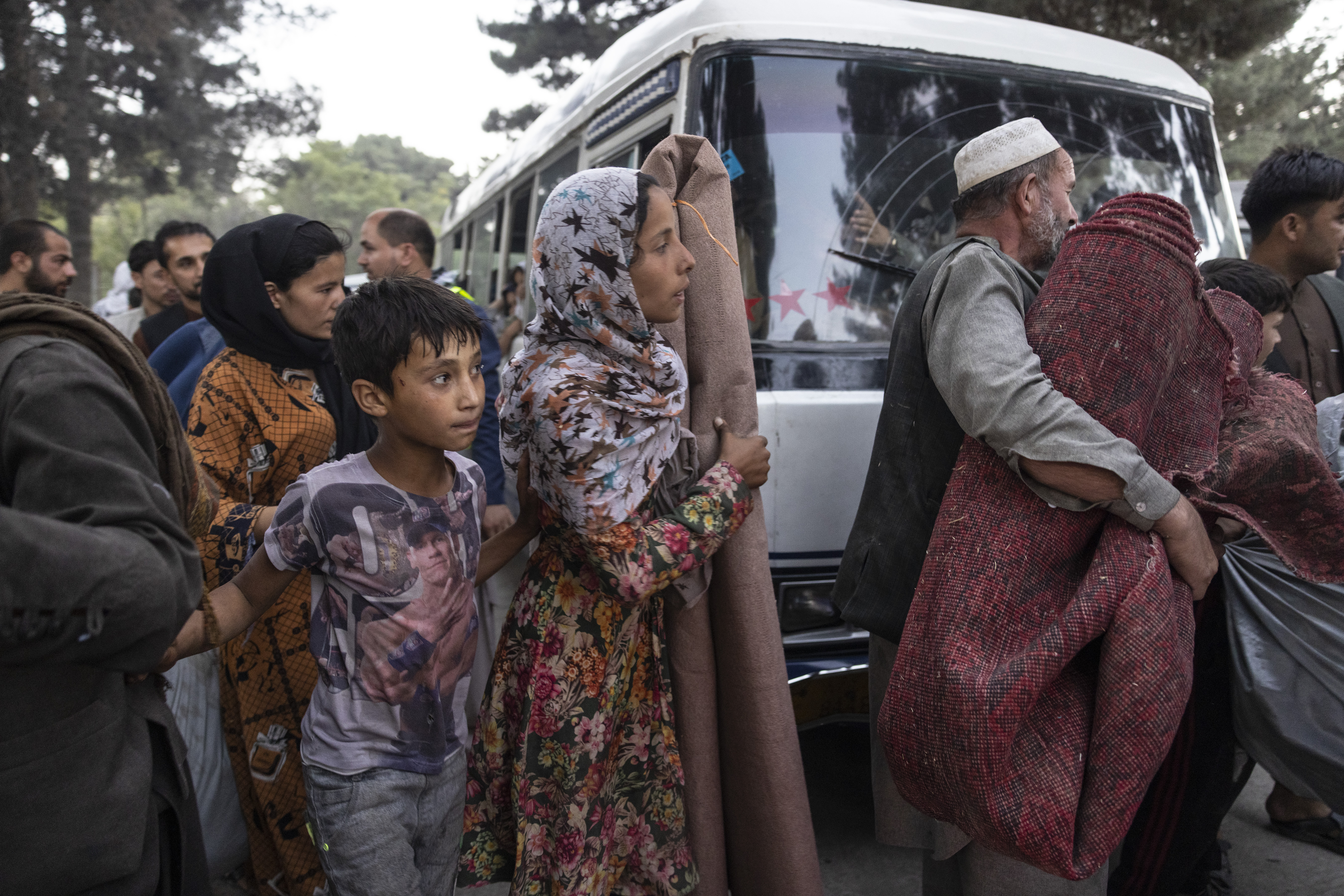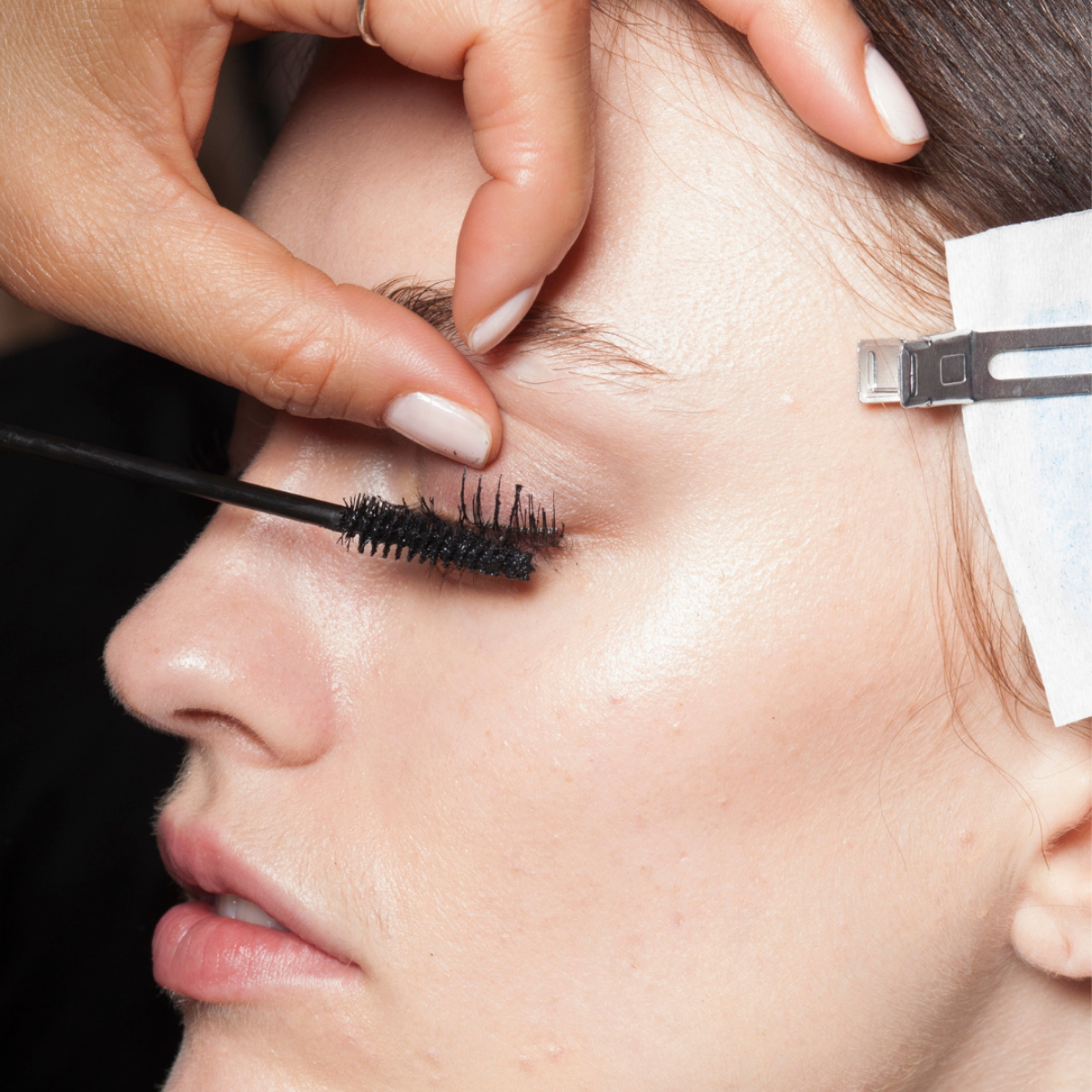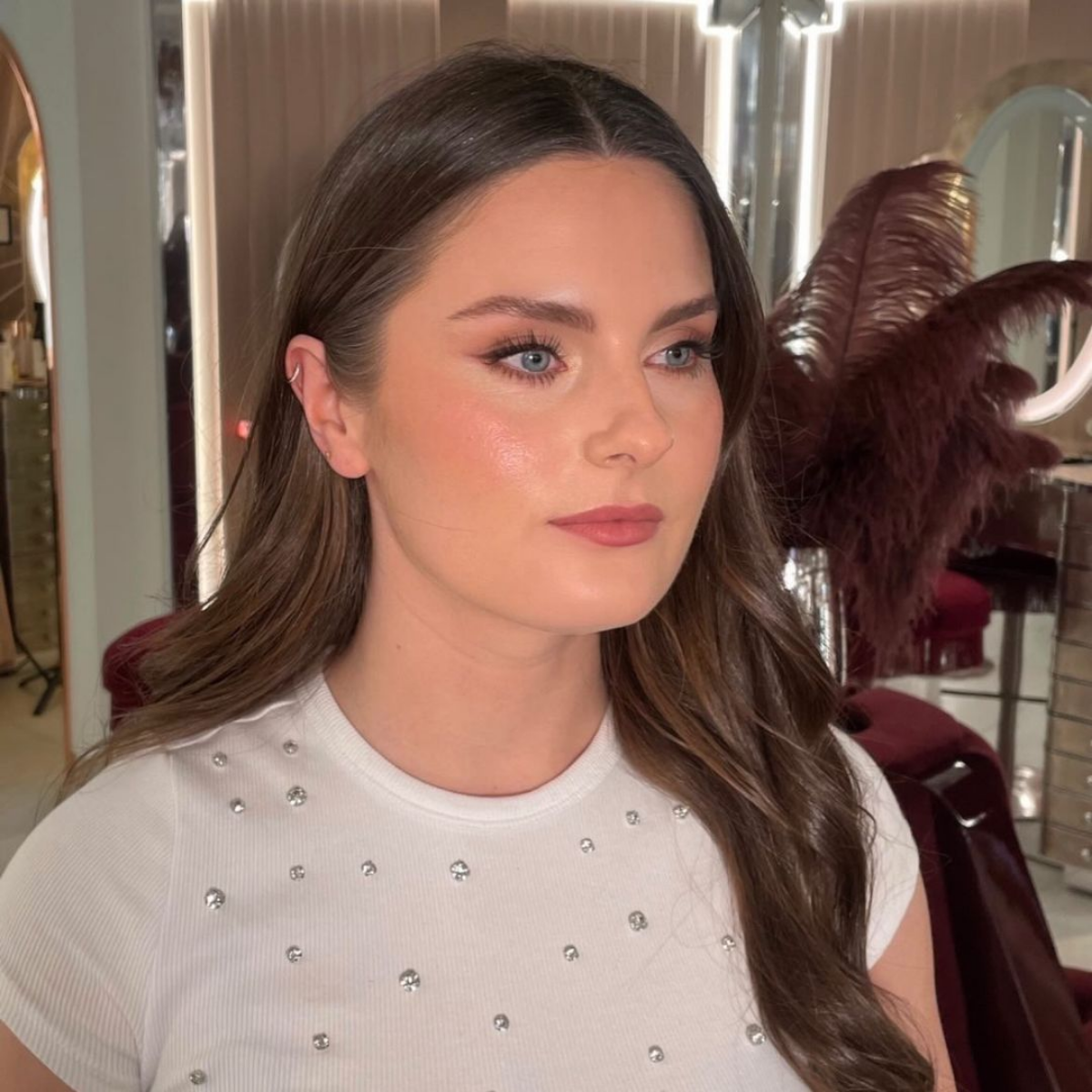Female journalist in Afghanistan goes viral for 'before and after' headscarf photo - but it's not quite as it seems
CNN journalist Clarissa Ward inadvertently became a symbol for the limitation of women's freedoms under Taliban rule.


CNN journalist Clarissa Ward inadvertently became a symbol for the limitation of women's freedoms under Taliban rule.
The situation in Afghanistan has caused concern all over the world, after the Taliban seized control of the south Asian country over the weekend. The militant group took over the capital city, Kabul, on Sunday, and Afghan President Ashraf Ghani fled the country, marking the end of his coalition government’s 20-year presence.
Thousands have been trying to escape in the wake of the Taliban's domination, fearing for their freedom and for their lives. It’s been announced that 20,000 Afghan refugees are to be given sanctuary in the UK over the next five years, with women and children prioritised as they are deemed to be most at risk with the Taliban in power.
When the militant group previously ruled Afghanistan between 1996 and 2001, their harsh interpretation of Islam's legal system, Sharia law, meant that women's freedoms were severely limited. They were required to wear an all-covering burka, and it was disapproved of for girls over the age of 10 to go to school. In the years since US troops invaded the country, women have had access to education and jobs, but now rights groups fear that the return of the Taliban's rule will signal an end to such freedoms for women.

In the midst of this concern, a meme has gone viral purporting to show 'before and after' photos of a female CNN journalist reporting in Kabul. In the first image, Chief International Correspondent Clarissa Ward is pictured broadcasting in the days before the Taliban captured the Afghan capital. She's seen uncovered, wearing a pink blouse and a red scarf around her neck - but not her head. In the second image, Ward is pictured reporting on citizens' attempts to flee Kabul after the Taliban had seized the city, this time wearing an abaya and a headscarf for modesty.
The comparative pictures spread fast on social media, with many sharing it as a perceived symbol of the limit in freedoms for women under Taliban rule. And while concern for the future of females in the country is completely valid, the journalist at the centre of the viral meme has described it as "inaccurate," pointing out that it actually lacks some important context.
Taking to Twitter, Clarissa Ward wrote: "This meme is inaccurate. The top photo is inside a private compound. The bottom is on the streets of Taliban held Kabul. I always wore a head scarf on the street in Kabul previously, though not [with] hair fully covered and [abaya]. So there is a difference but not quite this stark."
Marie Claire Newsletter
Celebrity news, beauty, fashion advice, and fascinating features, delivered straight to your inbox!
While the impact of the Taliban's control might not be quite as extreme as social media users perceived it to be from this meme, what Ward confirms is that she has noticed a difference in her sartorial freedoms just days into their reign. If women are already having to cover more of themselves up that they might otherwise choose to, then it's worrying to think about what other freedoms may also soon be lost.

In their first news conference since taking control of Afghanistan on Sunday, a spokesman for the Taliban, Zabihullah Mujahid, said that women would be free to work under their rule, but added that all Afghans must live "within the framework of Islam."
"We are going to allow women to work and study within our frameworks," said Zabihullah Mujahid. "Women are going to be very active within our society."
There was no detail about dress codes for women, however, so it remains to be seen what the impact will be in real terms for the female portion of the country's population.
To find out how you can help the people of Afghanistan, read our article here.
Cat is a Senior Editor at Marie Claire, covering news and features across the brand's key purpose pillars, including women's issues, politics, career, mental health, female empowerment and equality, as well as books.
-
 I get lash lifts regularly—here’s how I combat 'lash dehydration’, as per expert advice
I get lash lifts regularly—here’s how I combat 'lash dehydration’, as per expert adviceHow I've got my flutter back on track...
By Rebecca Fearn
-
 I tried Charlotte Tilbury’s bridal make-up service for my wedding, and *loved* it—here’s everything you need to know
I tried Charlotte Tilbury’s bridal make-up service for my wedding, and *loved* it—here’s everything you need to knowOne of my favourite beauty experiences to date
By Tori Crowther
-
 Prince Harry's "proud" words about wife Meghan Markle are going viral
Prince Harry's "proud" words about wife Meghan Markle are going viralBy Jenny Proudfoot